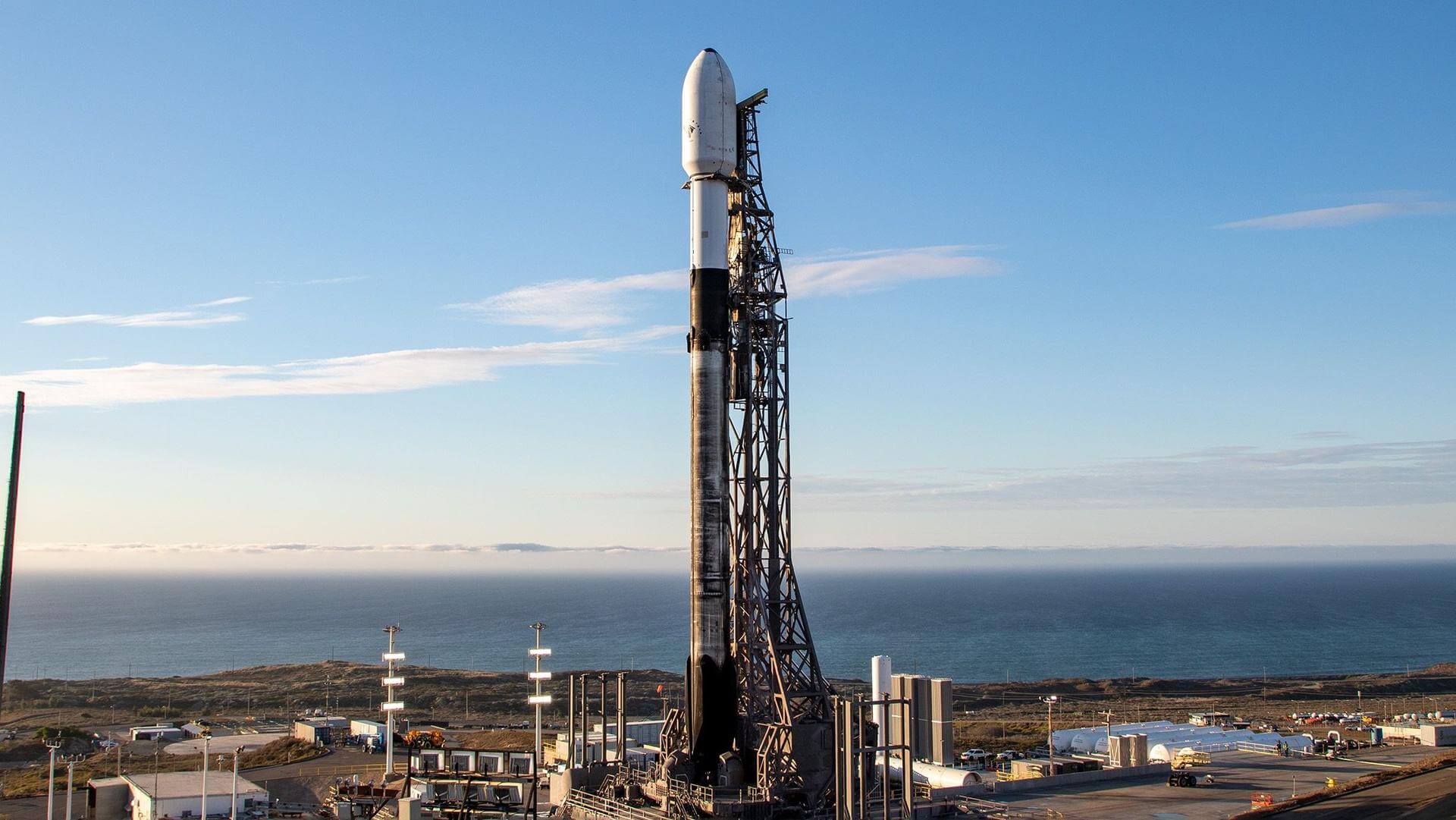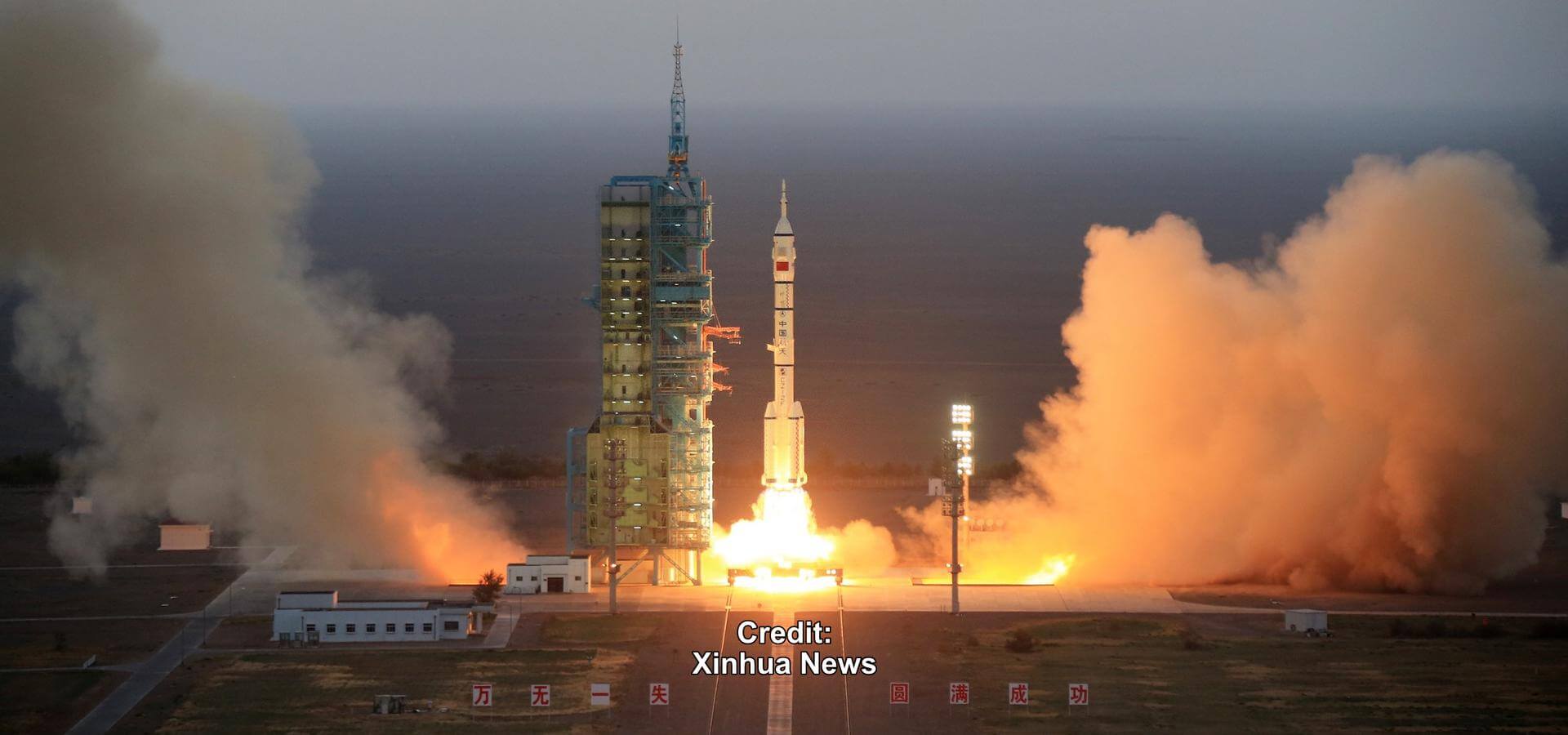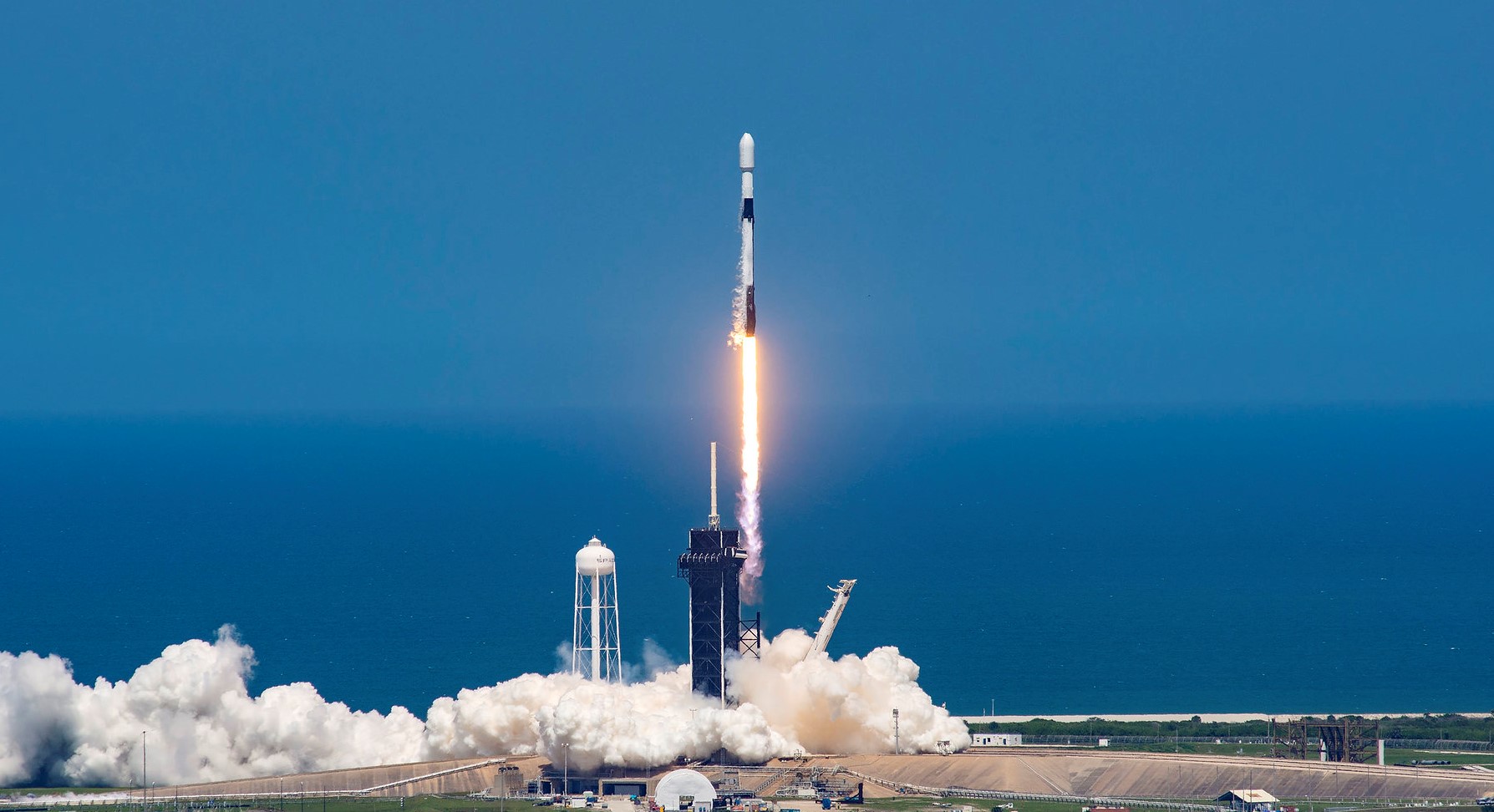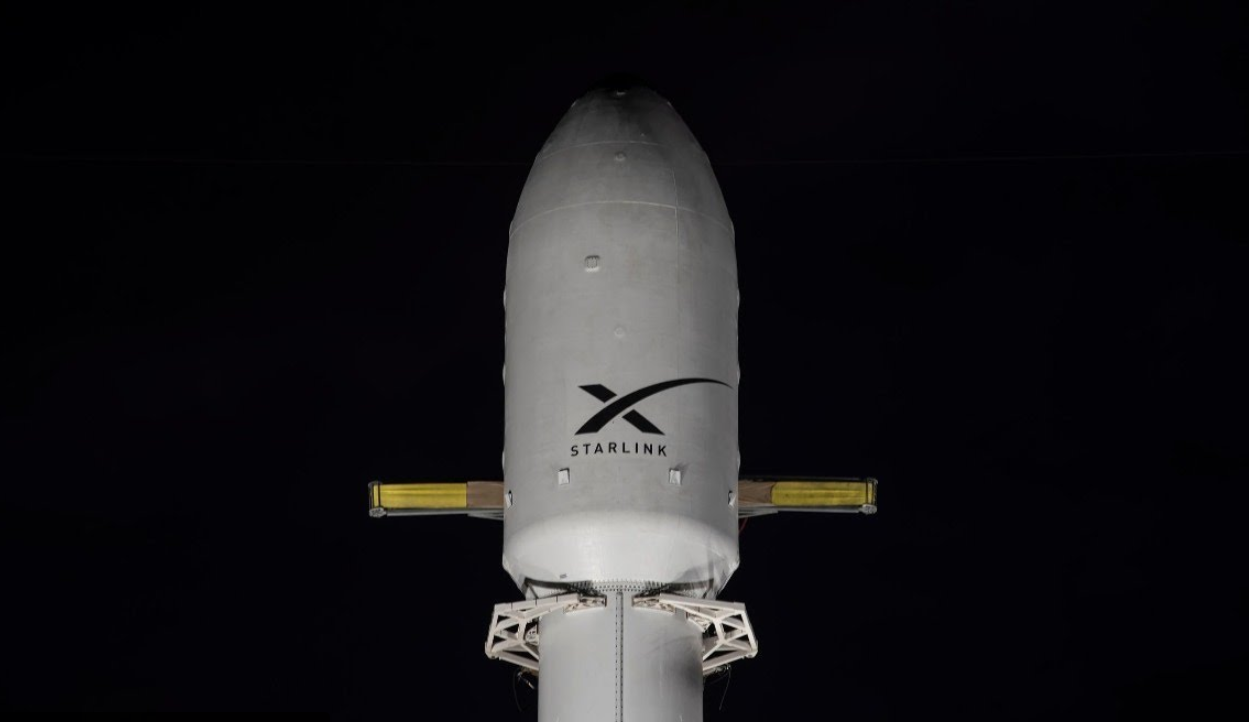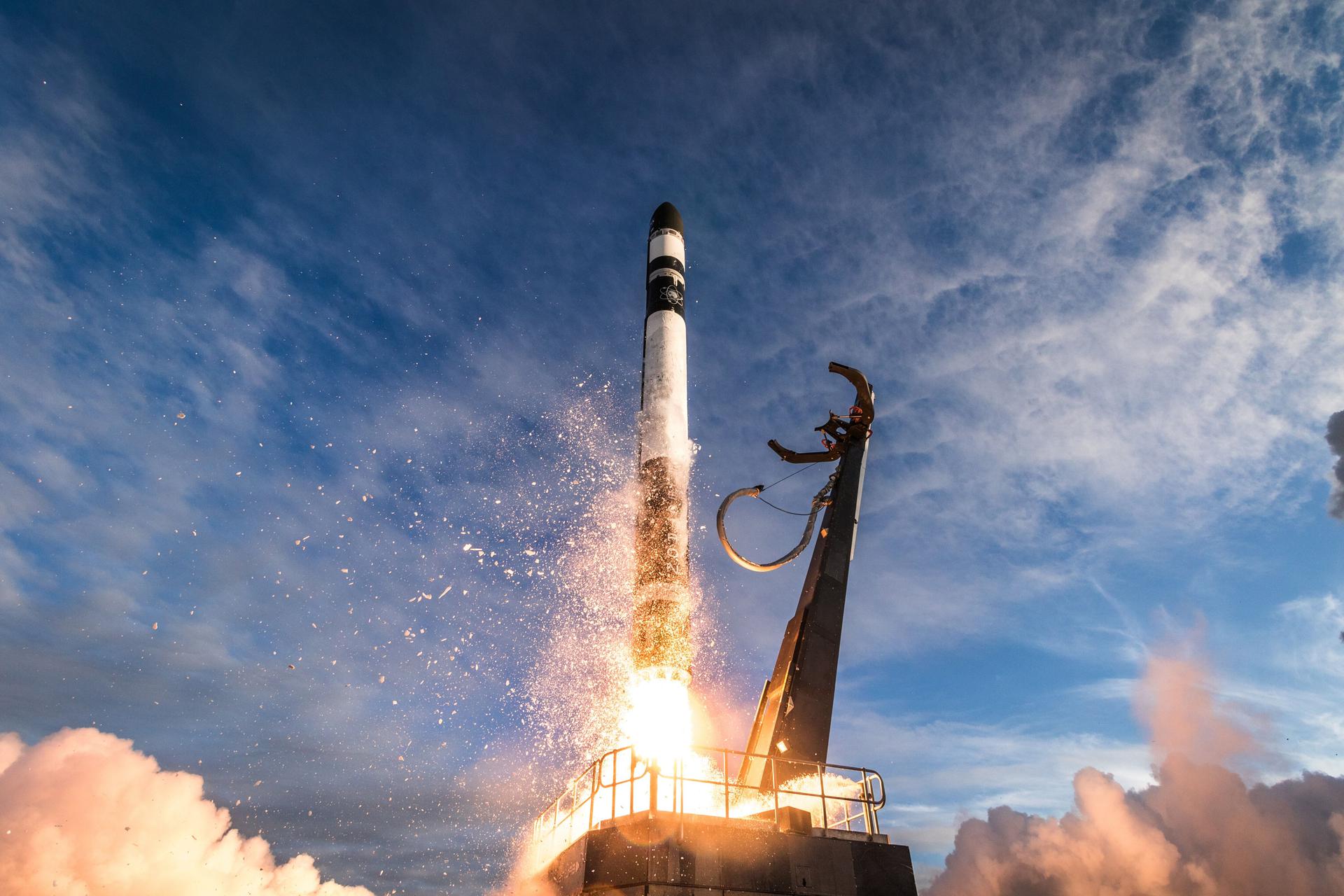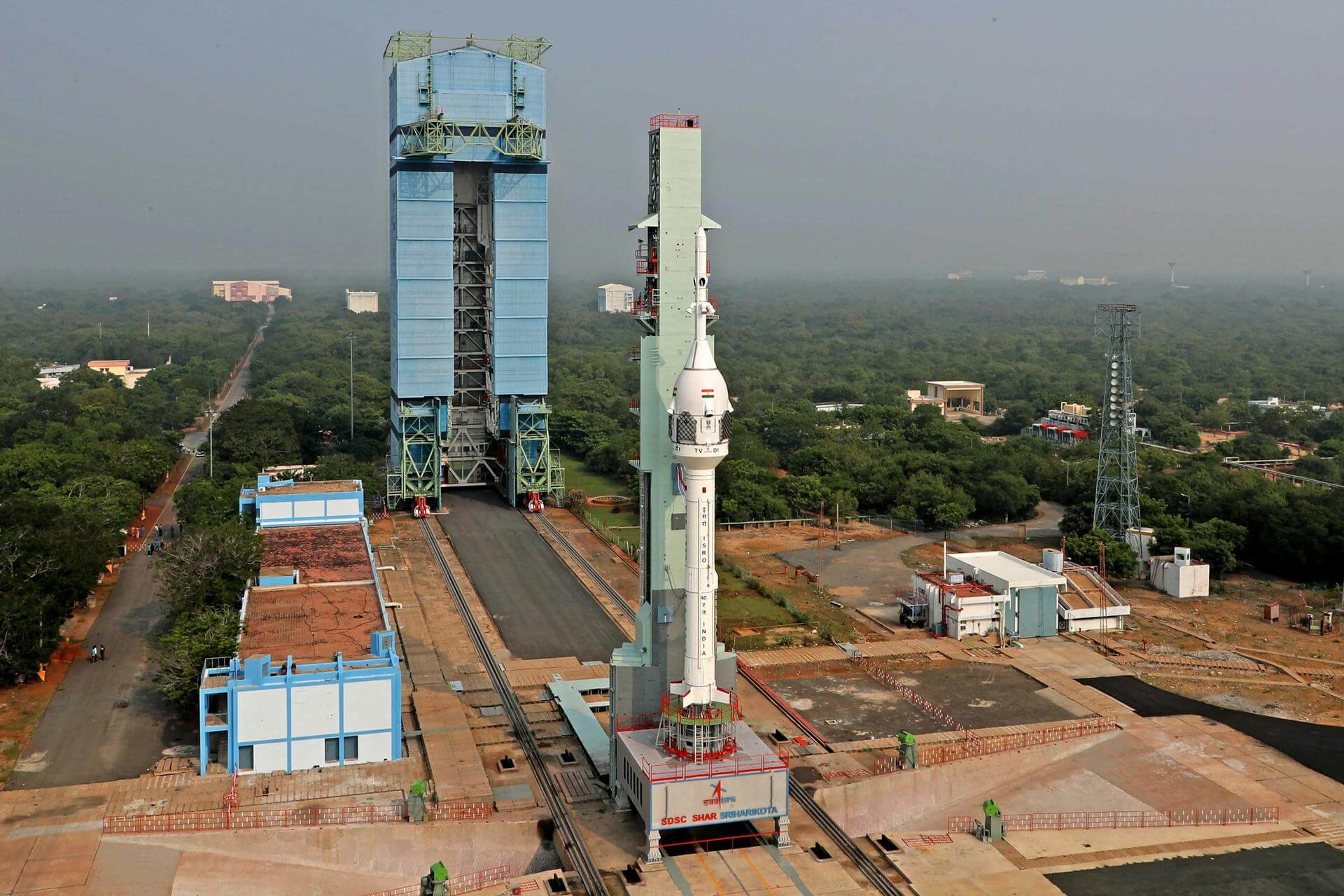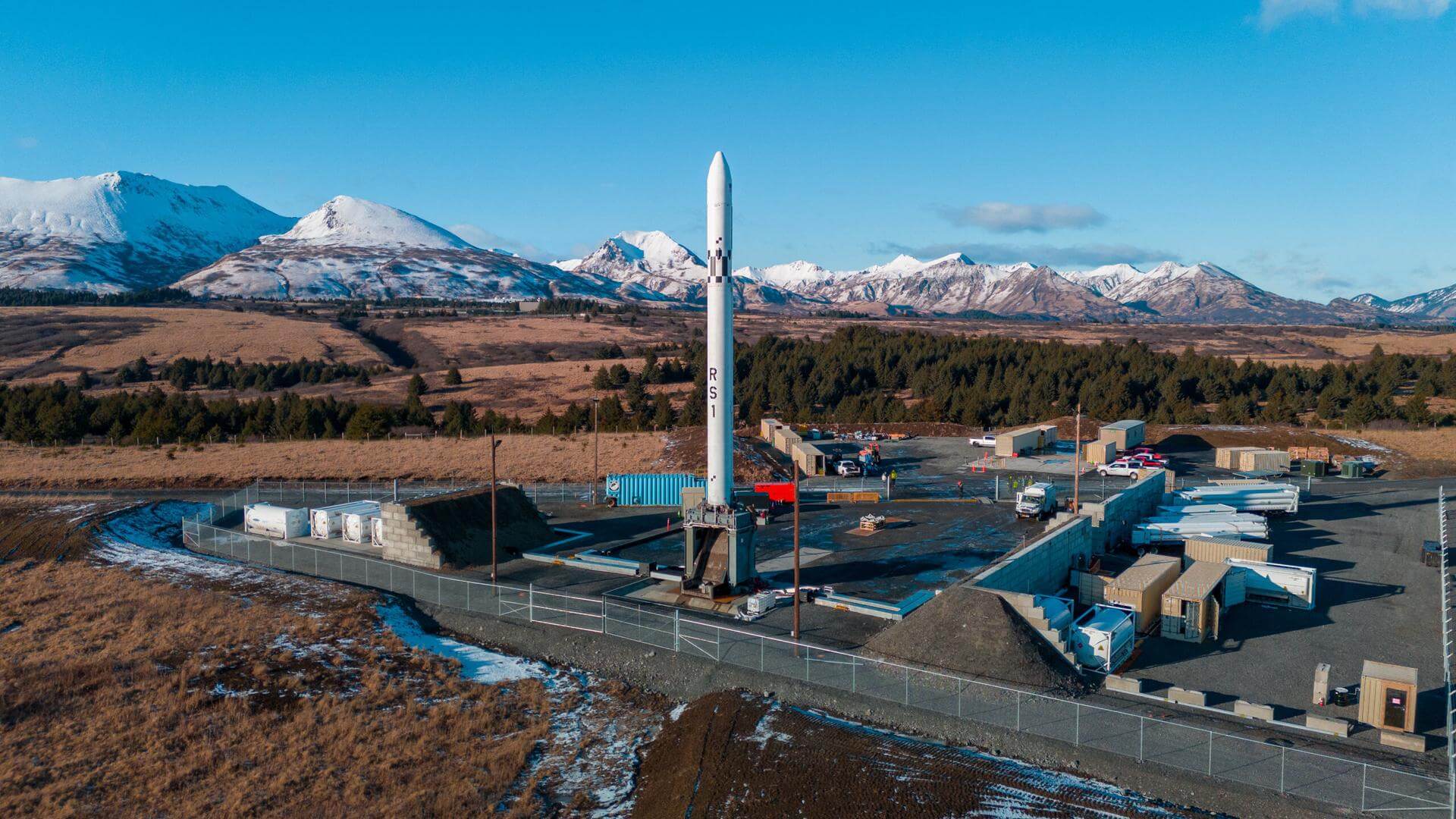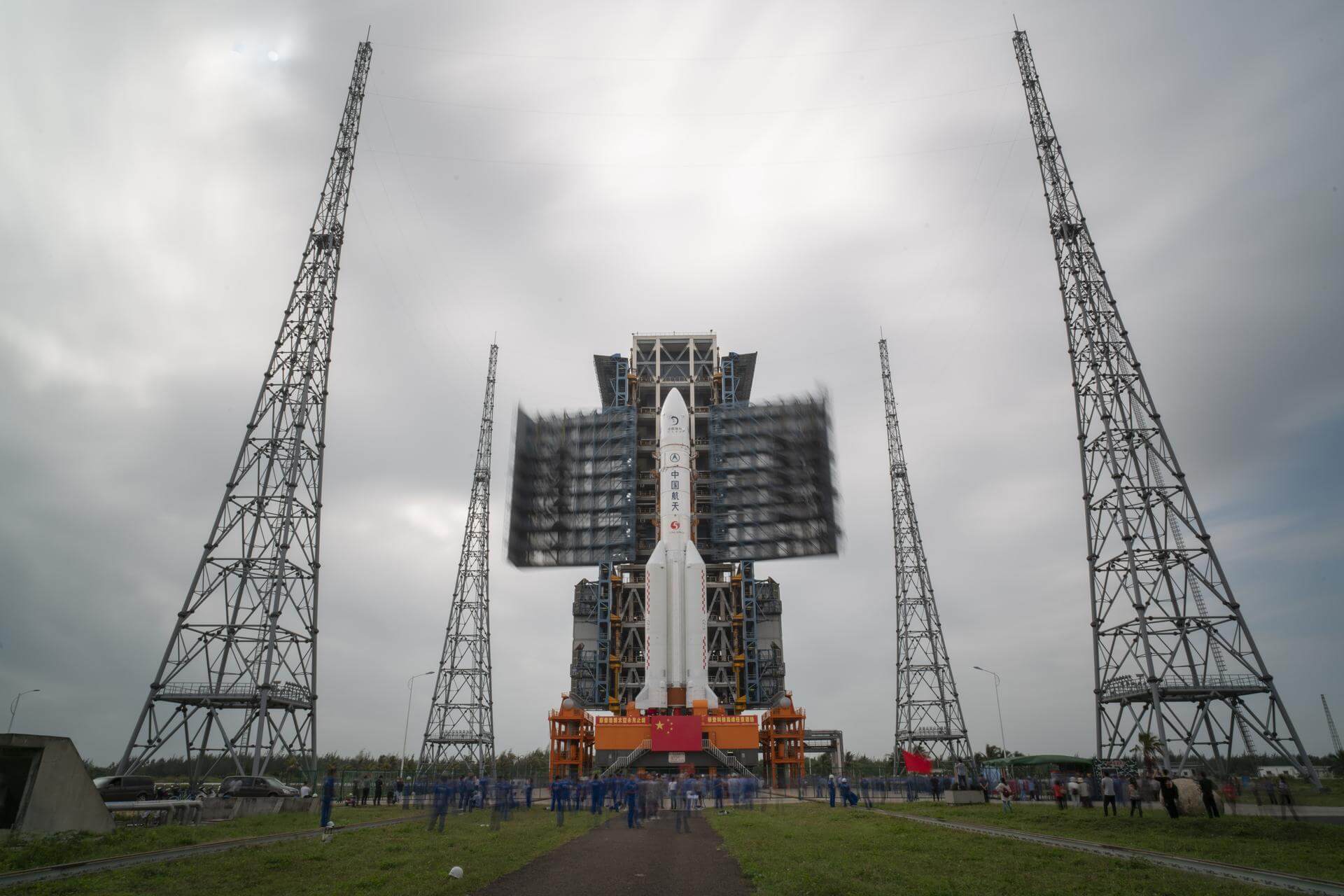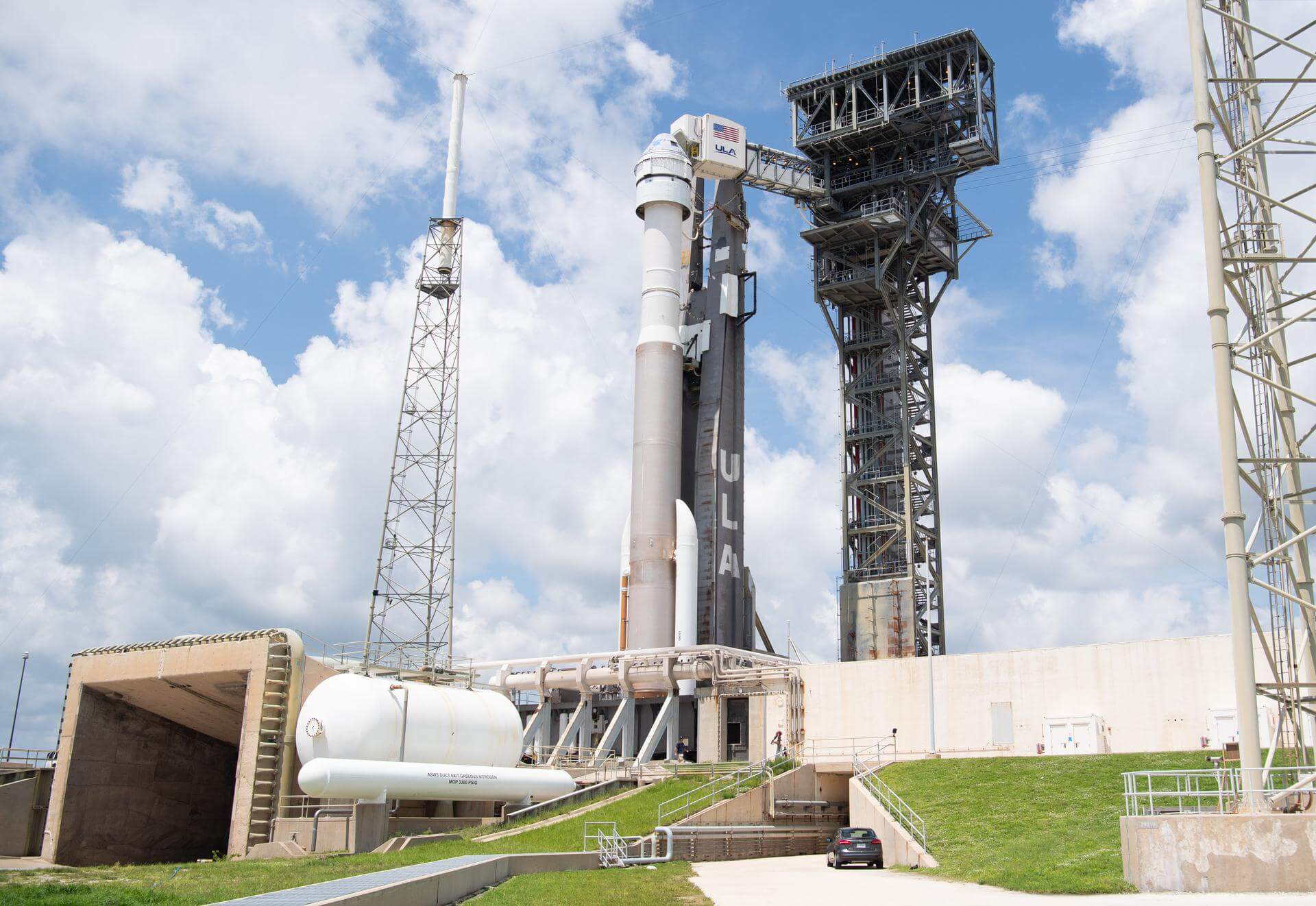Upcoming Spaceflight Launches
Filter by Agency, Locations or Vehicles
Show All LaunchesFalcon 9 Block 5 | WorldView Legion 1 & 2
SpaceX | USAVandenberg SFB, CA, USA
April 24, 2024
Status: To Be Confirmed
Mission:
WorldView Legion is a constellation of Earth observation satellites built and operated by Maxar. Constellation is planned to consist of 6 satellites in both polar and mid-inclination orbits, providing 30 cm-class resolution.
Sun-Synchronous Orbit Unknown F9 - Maiden Flight Landing Zone 4Long March 2F/G | Shenzhou 18
China Aerospace Science and Technology Corporation | CHNJiuquan Satellite Launch Center, People's Republic of China
April 25, 2024, 12:59 p.m.
Falcon 9 Block 5 | 2 x Galileo
SpaceX | USAKennedy Space Center, FL, USA
April 28, 2024
Falcon 9 Block 5 | Starlink Group 8-2
SpaceX | USAVandenberg SFB, CA, USA
April 28, 2024
Falcon 9 Block 5 | Starlink Group 6-54
SpaceX | USACape Canaveral, FL, USA
April 28, 2024
Electron | Capella Acadia 3
Rocket Lab | USAWallops Island, Virginia, USA
TBD April, 2024
Gaganyaan Abort Test Booster | TV-D2
Indian Space Research Organization | INDSatish Dhawan Space Centre, India
TBD April, 2024
RS1 | Flight 2
ABL Space Systems | USAPacific Spaceport Complex, Alaska, USA
TBD April, 2024
Long March 5 | Chang'e 6
China Aerospace Science and Technology Corporation | CHNWenchang Space Launch Site, People's Republic of China
May 03, 2024
Status: To Be Confirmed
Mission:
Chang'e 6/CE-6 is scheduled to launch in 2024 to return samples from the Far Side of the Moon (near southern edge of the Apollo Basin) for the first time. International science instruments from France, Italy, Sweden and Pakistan will also be on board.
Lunar OrbitAtlas V N22 | CST-100 Starliner Crewed Flight Test
United Launch Alliance | USACape Canaveral, FL, USA
May 7, 2024, 2:34 a.m.
Electron
Beginning Of The Swarm (ACS3 & NeonSat-1)
Rocket Lab Launch Complex 1B - Onenui Station, Mahia Peninsula, New ZealandNASA's Advanced Composite Solar Sail System (ACS3) is a technology demonstration mission tasked with deploying a composite boom solar sail. NeonSa…
Falcon 9
Starlink Group 6-53
Space Launch Complex 40 - Cape Canaveral, FL, USAA batch of 23 satellites for the Starlink mega-constellation - SpaceX's project for space-based Internet communication system.
Long March 2D
Yaogan 42-02
Launch Complex 3 (LC-3/LA-1) - Xichang Satellite Launch Center, People's Republic of ChinaThe Yaogan 42-02 is a Chinese military “remote sensing” satellite of unknown purposes.
Falcon 9
Starlink Group 6-52
Space Launch Complex 40 - Cape Canaveral, FL, USAA batch of satellites for the Starlink mega-constellation - SpaceX's project for space-based Internet communication system.
Falcon 9
Starlink Group 6-51
Launch Complex 39A - Kennedy Space Center, FL, USAA batch of 23 satellites for the Starlink mega-constellation - SpaceX's project for space-based Internet communication system.
Long March 2D
SuperView Neo 3-01
Launch Area 4 (SLS-2 / 603) - Jiuquan Satellite Launch Center, People's Republic of ChinaCommercial Earth observation satellite built by CAST for China Siwei Survey and Mapping Technology Co. Ltd, with 0.5 m resolution over 9 image wavele…
Falcon 9
Starlink Group 6-49
Space Launch Complex 40 - Cape Canaveral, FL, USAA batch of 23 satellites for the Starlink mega-constellation - SpaceX's project for space-based Internet communication system.
Falcon 9
USSF-62
Space Launch Complex 4E - Vandenberg SFB, CA, USAFirst Weather System Follow-on (WSF) satellite. WSF-M (Weather System Follow-on - Microwave) is the next-generation operational environmental sate…
Angara A5/Blok DM-03
Vostochny Angara Test Flight
Cosmodrome Site 1A - Vostochny Cosmodrome, Siberia, Russian FederationFirst test launch of the Angara A5 launch vehicle from the Vostochny Cosmodrome. The rocket will carry a mass simulator payload.
Falcon 9
Starlink Group 6-48
Space Launch Complex 40 - Cape Canaveral, FL, USAA batch of 23 satellites for the Starlink mega-constellation - SpaceX's project for space-based Internet communication system.
